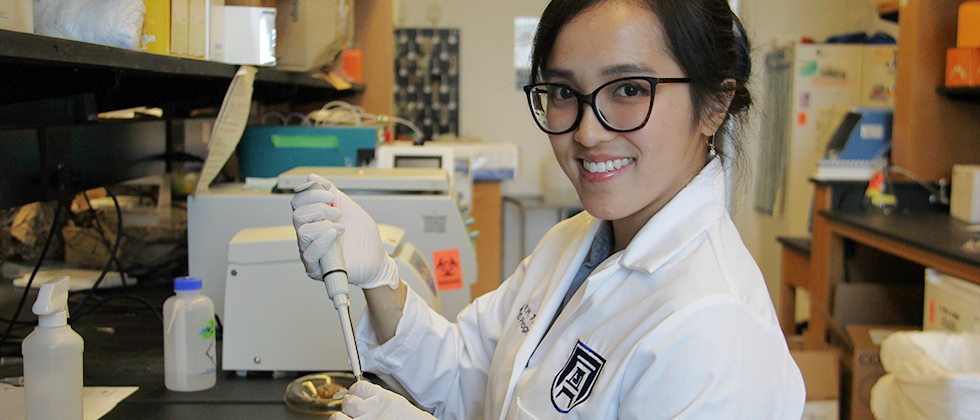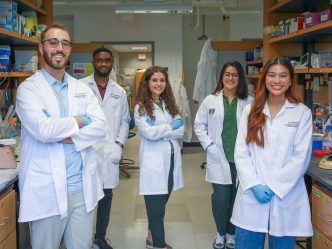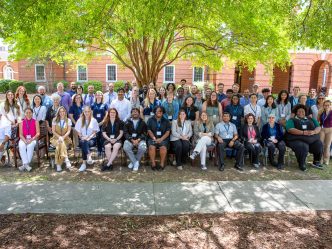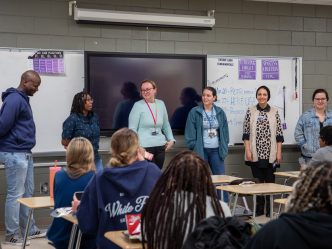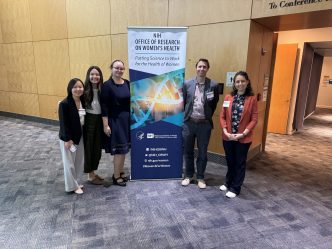According to the National Cancer Institute approximately 61,880 women will be diagnosed with uterine cancer in 2019. 10% of those patients will have a rare subtype of uterine cancer called uterine serous carcinoma. Sadly, half of the patients diagnosed with this type of cancer don’t survive past 5 years. While there are a number of reasons for this, one factor is early diagnosis of the disease. Lynn Tran, 4th year MD/PhD student, and her PhD mentor Dr. Jin-Xiong She, set out to create a test for tumors that will help anticipate patients that could react poorly to treatment.
Lynn started off by identifying a molecular test she found in The Cancer Genome Atlas, which is a publicly available database for patients across the nation. Through her research, she found a genetic signature that looked really promising so she decided to measure the same signature in 67 patients from Augusta Health. She procured sections of their tumors, profiled them and studied some of their cells. Through this process she was able to predict which patients would not respond as well to chemotherapy. They also discovered the cells in these particular patients grow faster than the cells of less aggressive cancers. Moving forward Lynn is investigating what could be done in terms of changing the current treatment for those with this genetic signature. She is also trying to answer a number of other questions by looking into the biological differences and identifying why the cells grow faster and why they don’t respond to treatment the same way.
Recently, Lynn traveled to Denver, Colorado to attend the 34th Annual MD/PhD National Student Conference and present her research on uterine serous carcinoma at one of two poster sessions. The poster sessions were attended by fellow MD/PhD students from across the country and the best posters were voted on by the students. To her surprise, Lynn won best poster in her poster session. When asked how winning the poster session made her feel, Lynn said, “When you think we’re going up against all of the other MD/PhD programs in the nation, I was really proud. I think that we are doing high quality research and people are recognizing it.”
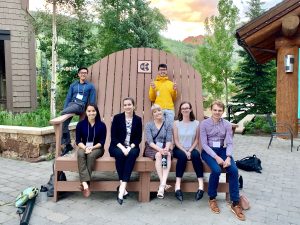
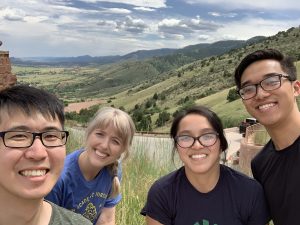
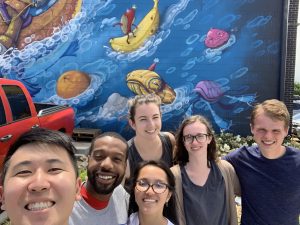
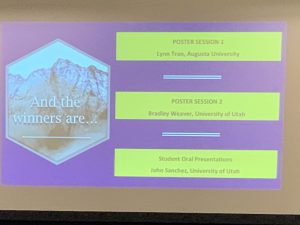
 Augusta University
Augusta University
